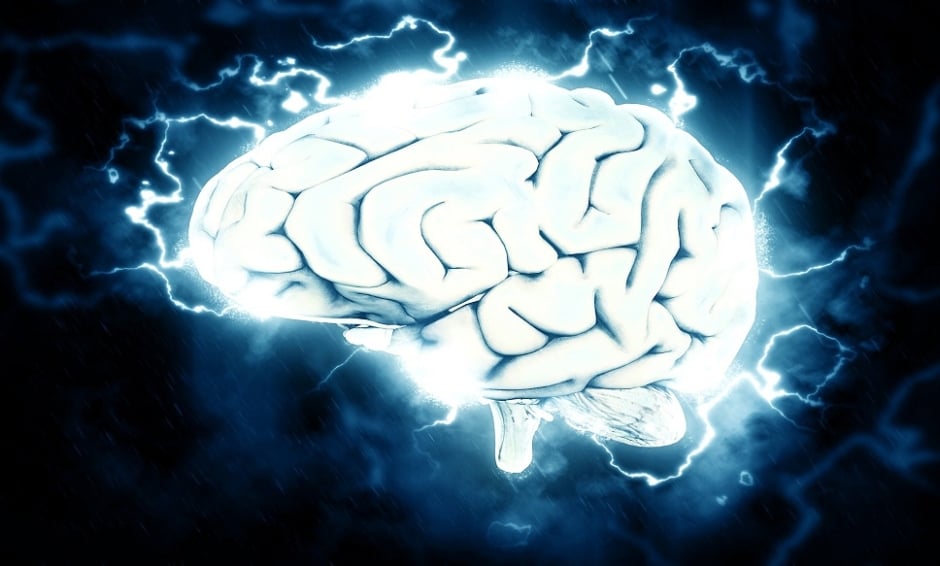THE DISCOVERY of a type of cell in zebrafish that clears waste away from the brain has recently been reported in a study. These cells are thought to be the zebrafish equivalent of what are known as lipid-laden cells in humans. This is an exciting finding because, as the study’s senior author, Prof Ben Hogan, Co-Division Head, Genomics of Development and Disease Division, Institute for Molecular Bioscience, University of Queensland, Brisbane, Australia, noted: “It is rare to discover a cell type in the brain that we did not know about previously and particularly a cell type that we did not expect to be there.”
Until recently, it was believed that there were no lymphatic vessels in the brain; however, a recent study has uncovered that there are indeed lymphatic vessels in the brain, which are very well hidden. Building on this research, the cell discovery in zebrafish has now raised the possibility that the brain could contain isolated lymphatic cells, which assist in the clearance of waste that has leaked from the blood.
As zebrafish have many cells and organs similar to humans, they represent a suitable model organism for studying human biology. Taking advantage of the fact that zebrafish are transparent, the researchers were able to utilise advanced light microscopy in order to examine what was happening in their brains and, as a result, found isolated lymphatic cells. The human equivalent of these cells are known as ‘Mato’ cells; these collect waste such as fats and lipids entering the brain from the bloodstream to prevent it from causing damage, but until recently were not known to be lymphatic. Unlike normal lymphatic cells, which typically develop into lymphatic vessels that carry the lymph fluid, these cells were present independent of lymphatic vessels.
With the researchers having been able to closely examine the development and function of these cells in zebrafish, the next stage is to carry out investigations in humans. Prof Hogan commented: “Our focus now is to investigate how these cells function in humans and see if we can control them with existing drugs to promote brain health and improve our understanding of neurological diseases such as stroke and dementia.”
(Image: freeimages.com)








